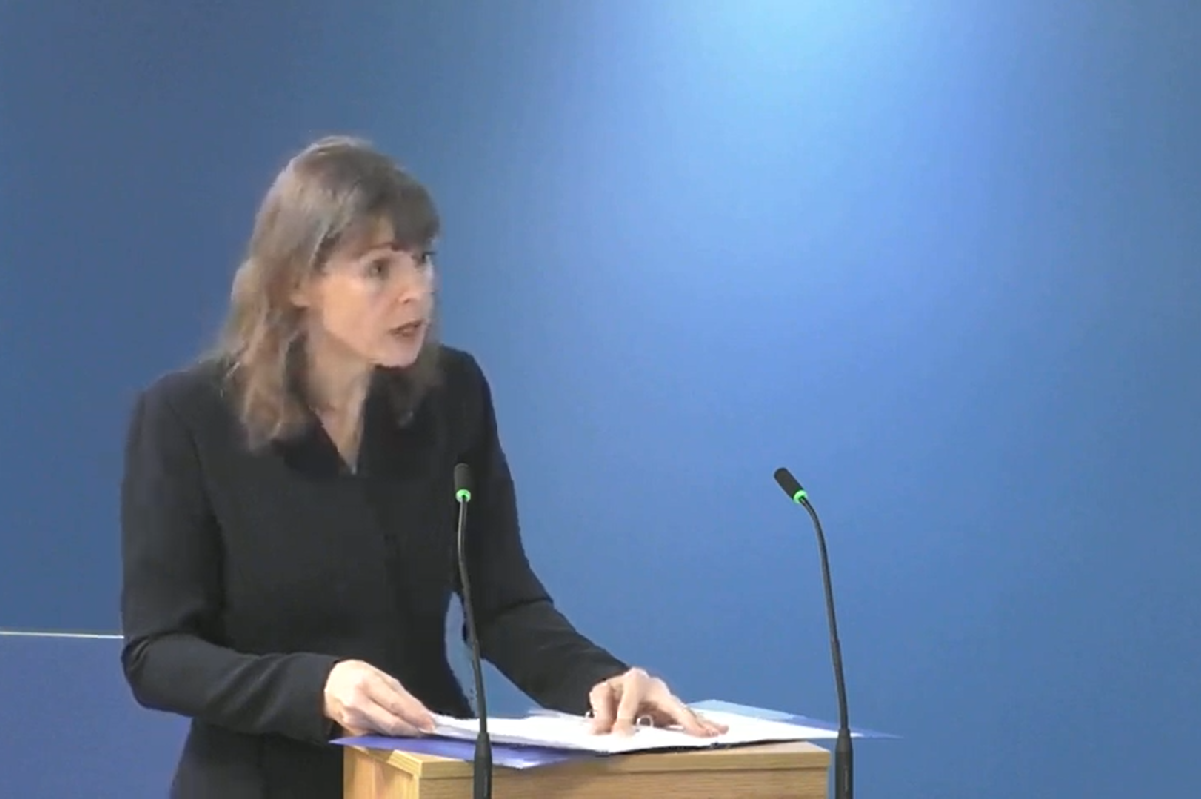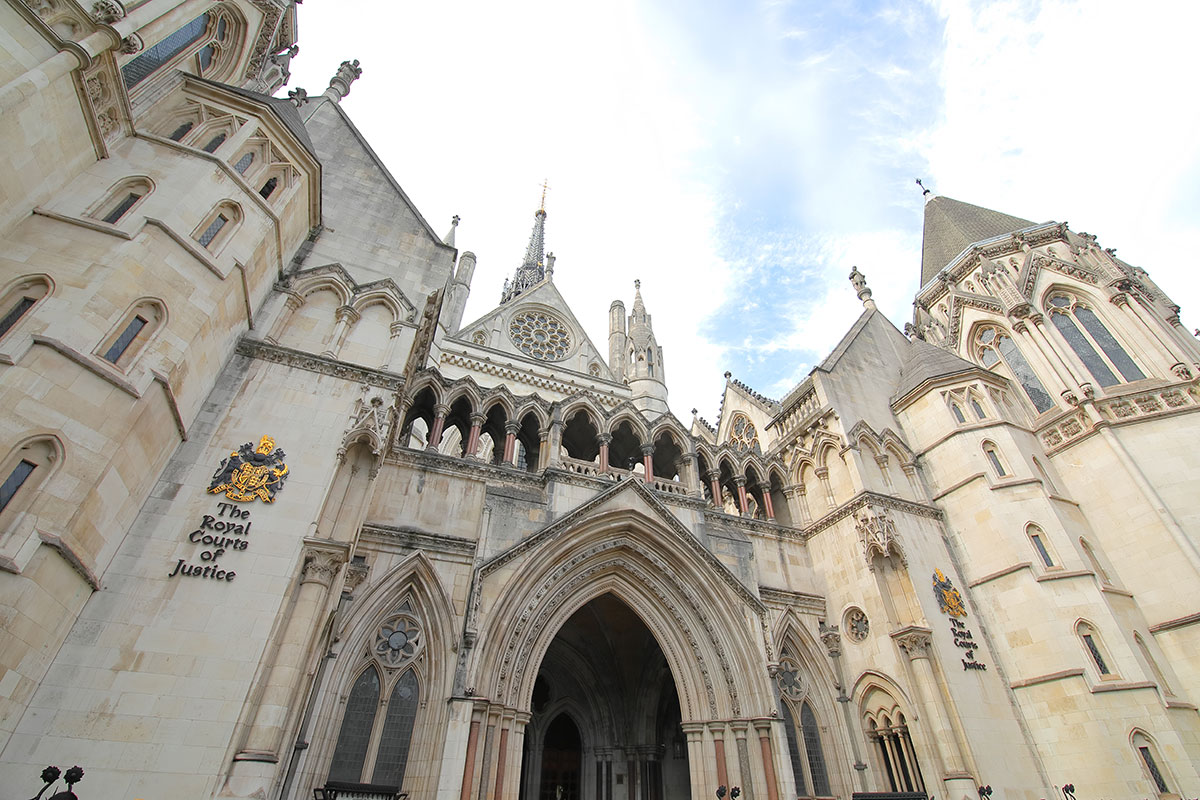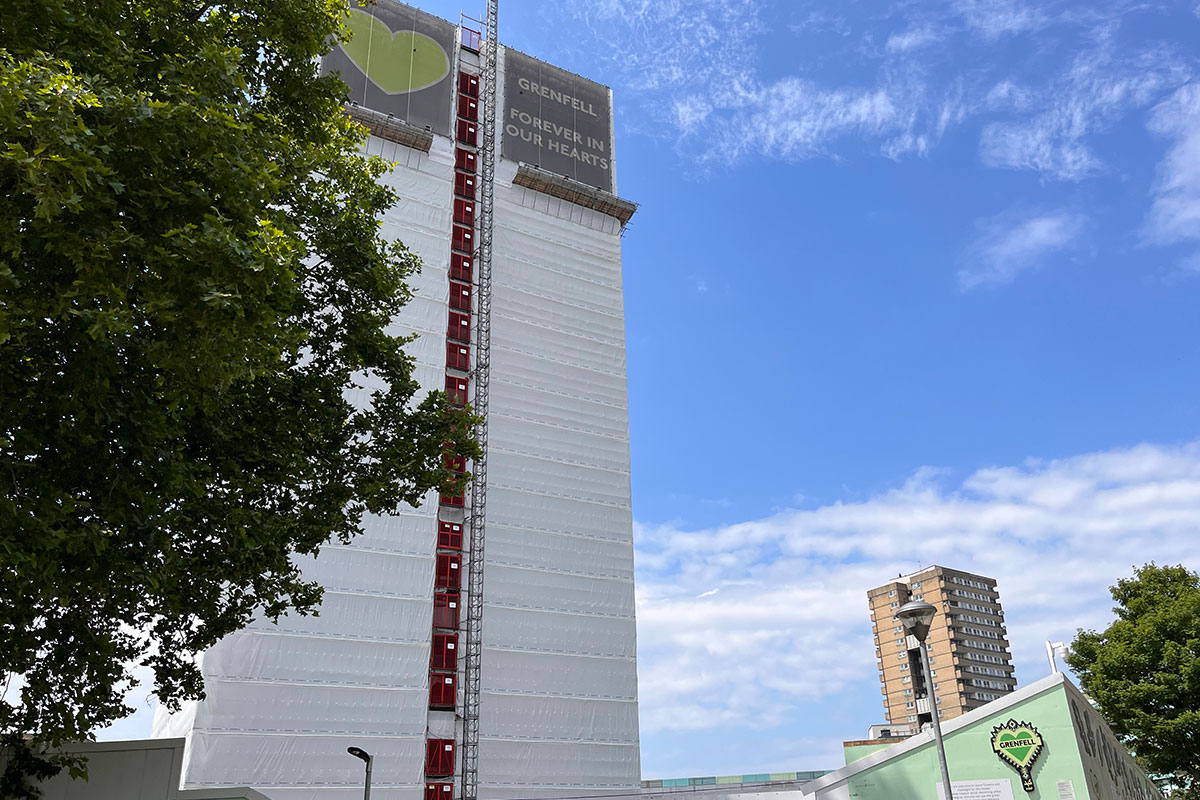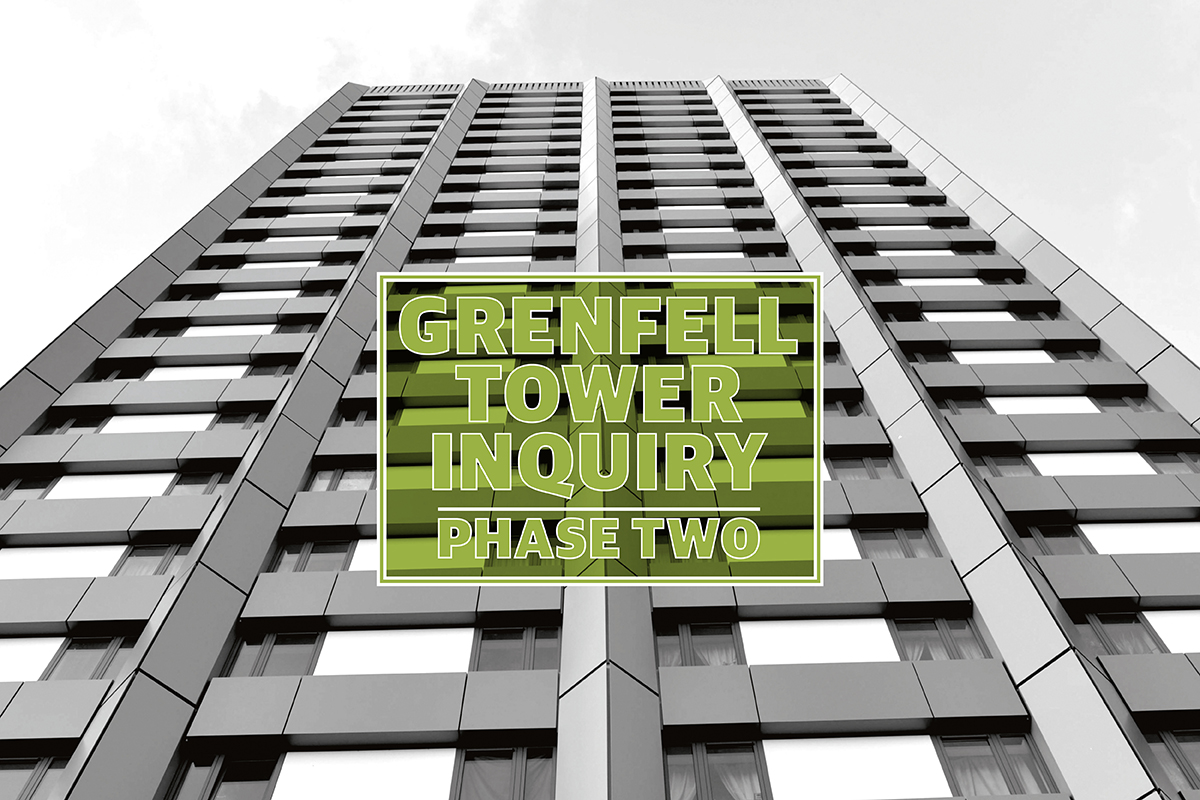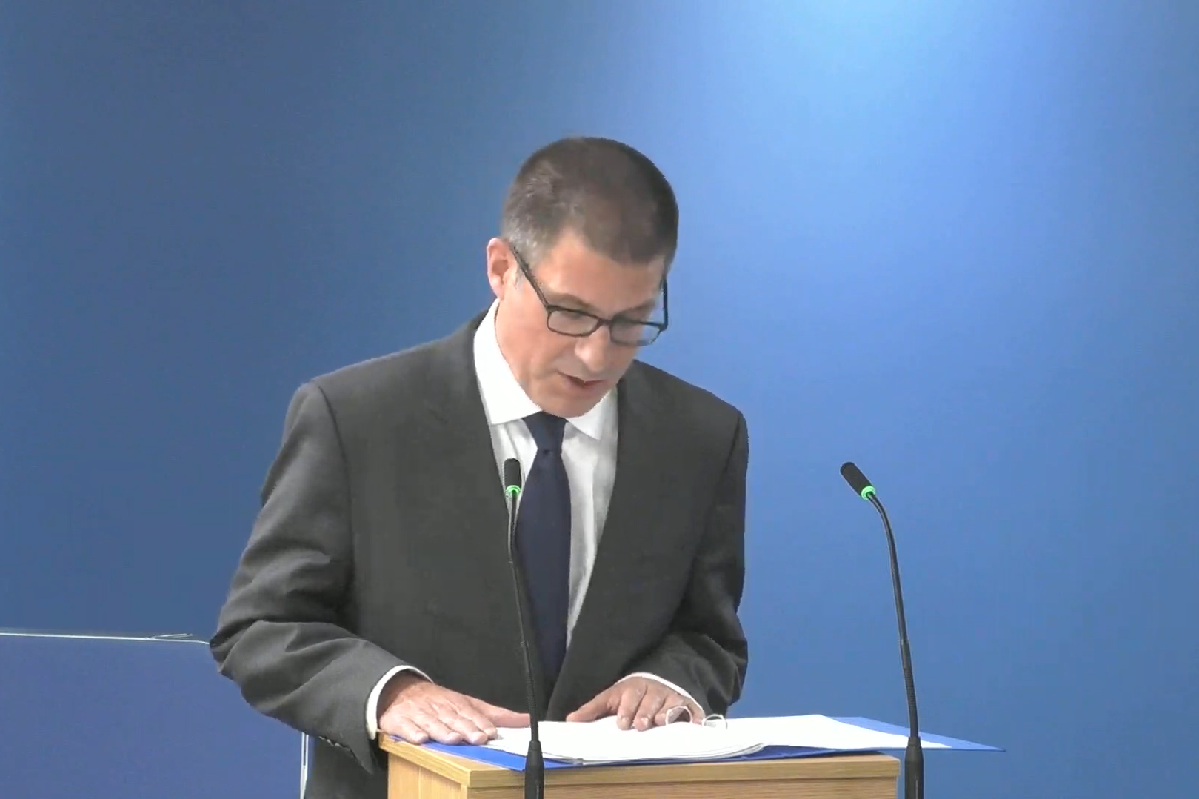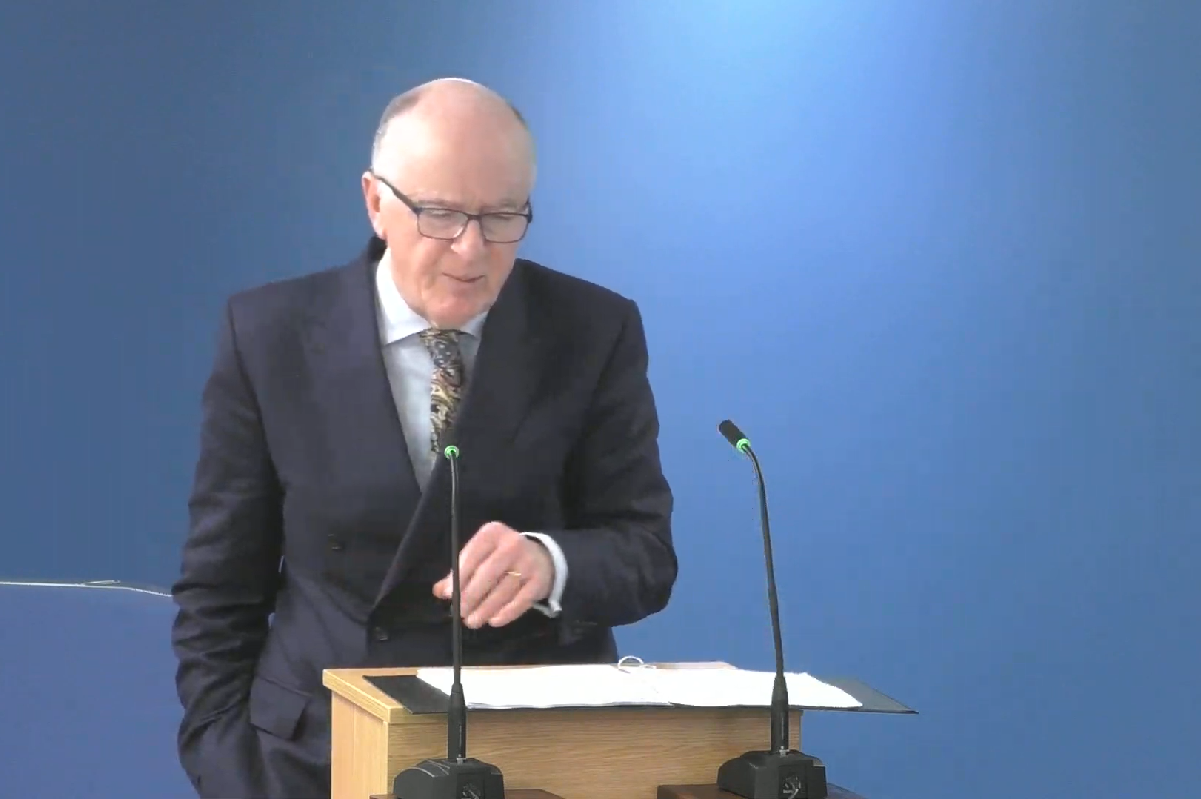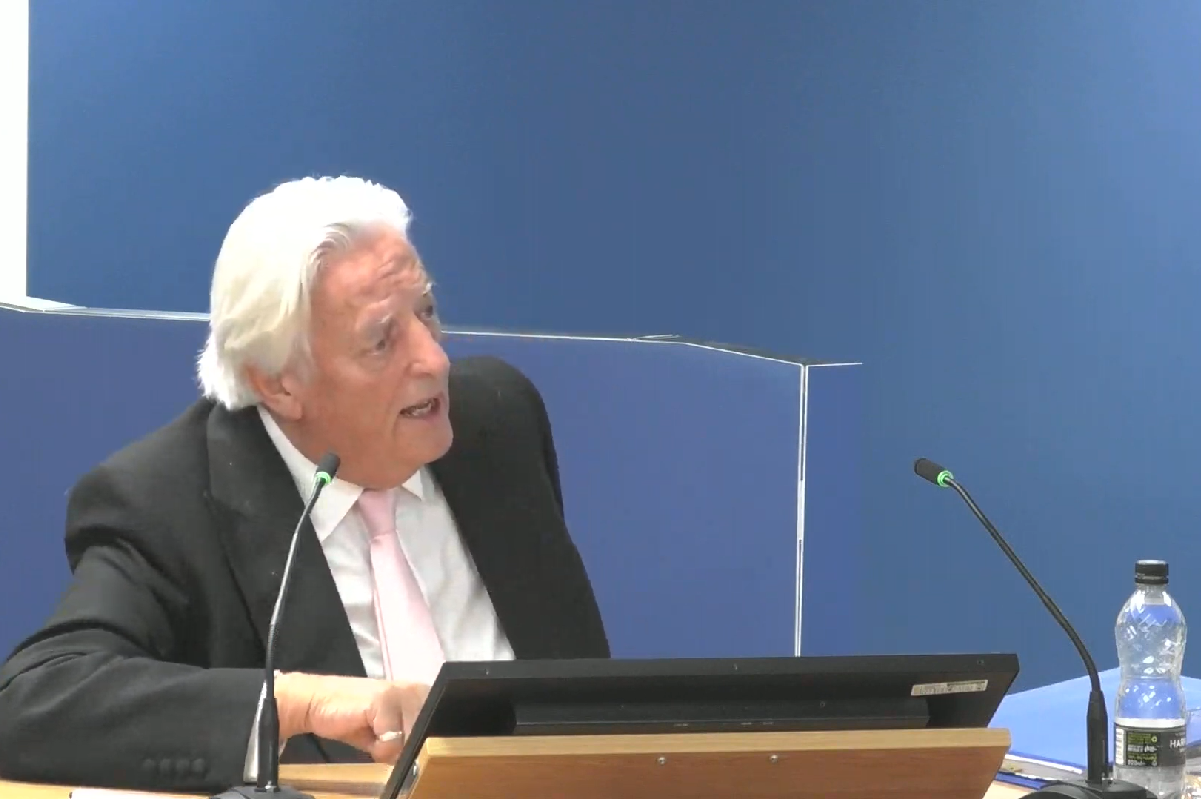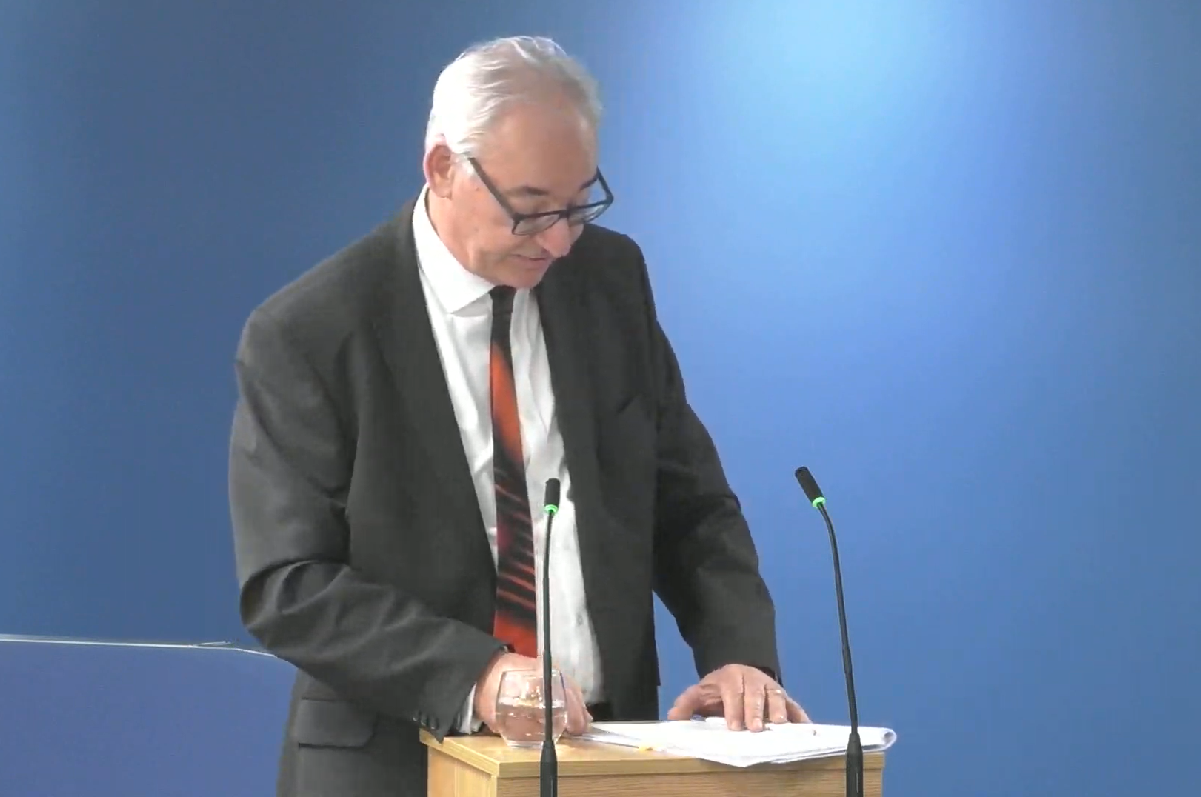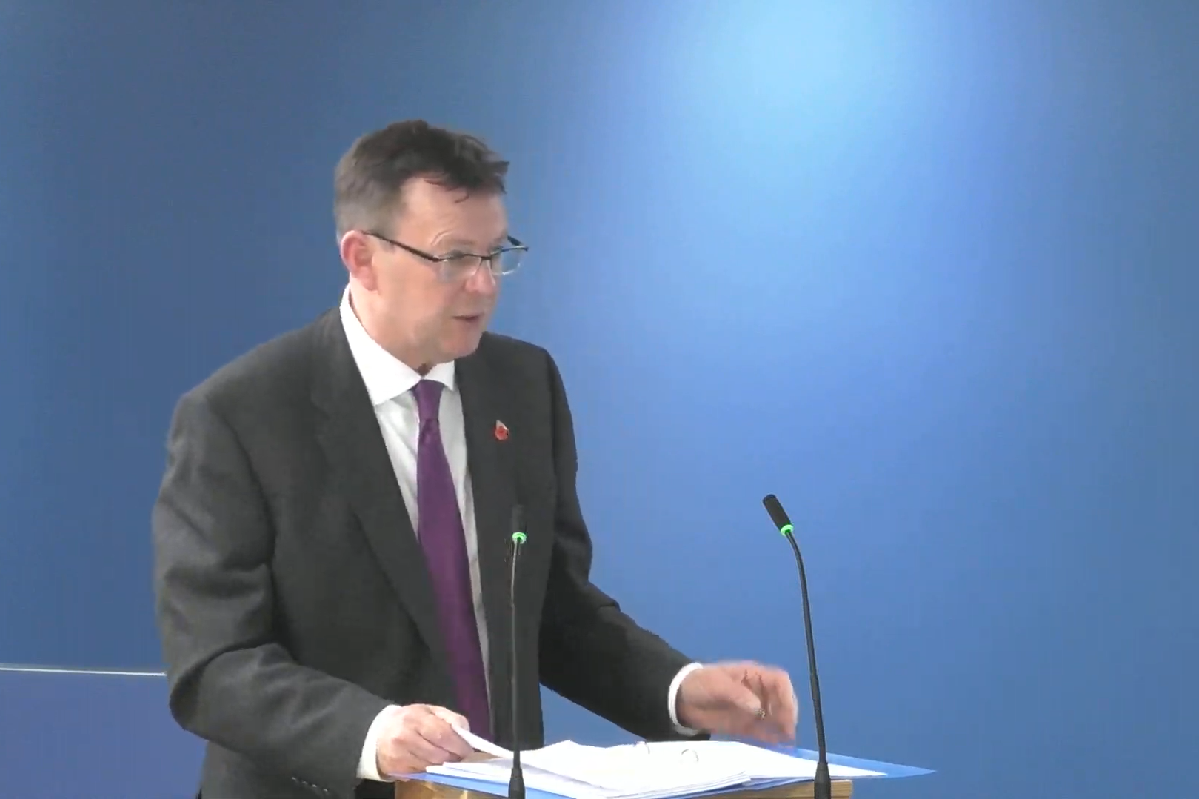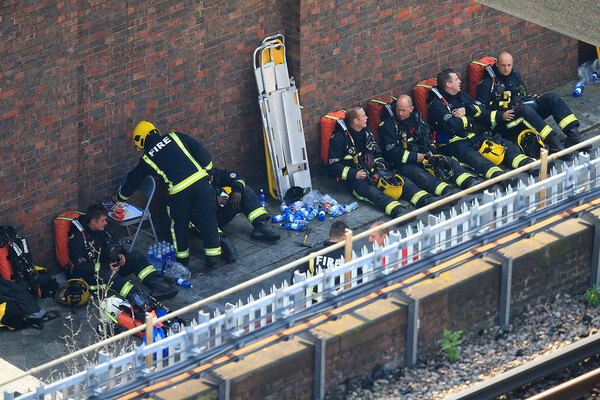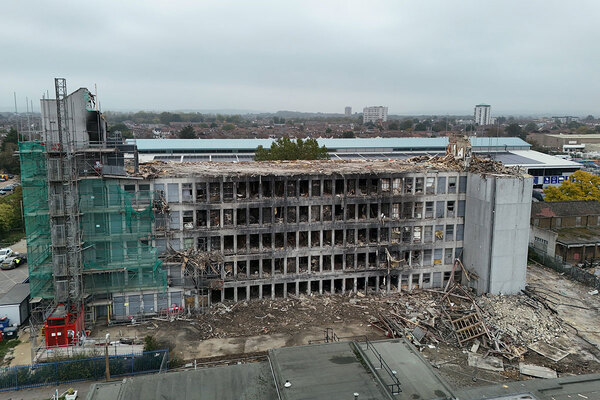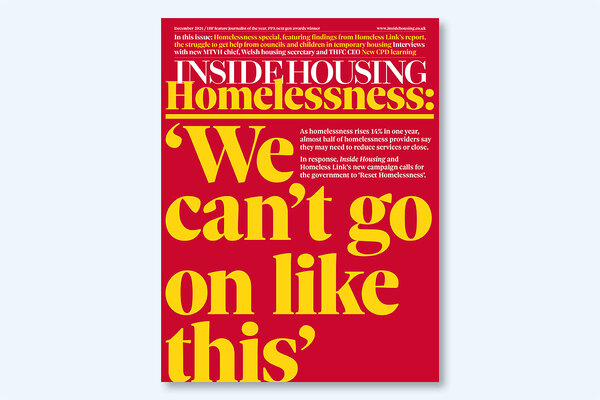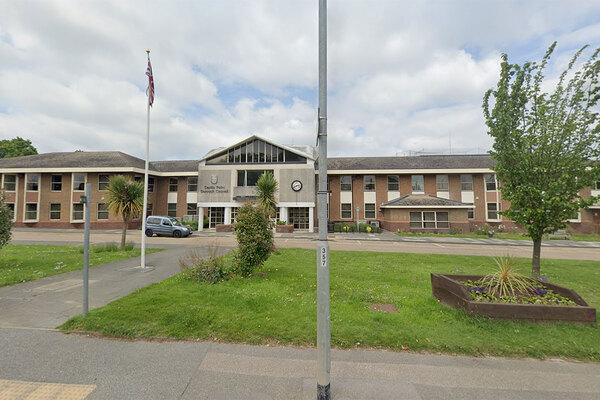Lawyers for Grenfell community set out ‘rogues gallery’ of organisations ‘most accountable’ for fire
Lawyers for bereaved and survivors have presented a “minimalist rogues gallery” of organisations they say are “most accountable” for the Grenfell Tower fire, as closing statements for the mammoth public inquiry began today.
Stephanie Barwise KC – representing one of three groups of bereaved families, survivors and former residents of the tower – named Arconic, which made the dangerous cladding, alongside the architects, contractors and fire engineers who worked on the refurbishment and the council and management body that owned and maintained the tower in the list.
She also criticised the various parties involved in the inquiry for failing to accept responsibility, saying “little has changed” in that regard since the start of the process more than four years ago.
“Self-interest is unhumbled by the disaster, or indeed by this inquiry,” she said. “Each core participant continues to blame others, and predictably, now blames the regulatory regime for its permissiveness and propensity to be abused.”
Ms Barwise gave three categories for her “rogues gallery”:
- Those responsible for the use of aluminium composite material (ACM) cladding, which is believed to be the primary cause of the rapid fire spread at Grenfell. Within this group, she named Arconic, architects Studio E and fire engineers Exova. She said that cladding sub-contractor Harley, lead contractor Rydon, the building control department at the Royal Borough of Kensington and Chelsea (RBKC) and the government – because of its responsibility for overall regulations – bore “secondary liability”.
- Those responsible for the spread of smoke through poor ‘compartmentation’ in the tower. Here, Ms Barwise listed landlord RBKC and managing body Kensington and Chelsea Tenant Management Organisation (KCTMO) for their failure to ensure that fire door self-closers were operating. She said that KCTMO was also responsible for not making good holes caused by pipes for a new gas supply, and that smoke ventilation contractor PSB was responsible for not ensuring smoke did not leak out of a new ventilation system it installed in 2016.
- Those responsible for the lack of a means of escape for disabled residents. Here, Ms Barwise again listed Exova and Studio E for failing to apply “principles of inclusive design” to the refurbishment. She added RBKC and KCTMO to the list for failing to prepare plans for disabled residents, and central government for failing to ensure that its guidance was sufficient on this point.
Calling on the inquiry panel to make findings about primary responsibility, she said: “Given the scale of the disaster and the number of those who died, it is vital the inquiry ascertains the principal effective causes of the disaster, so that those most accountable are identified and to prevent recurrence, by targeted and robust recommendations. This is the least the bereaved and survivors can expect of us.”
The inquiry also heard from Imran Khan KC (pictured above), representing another group of bereaved and survivors, who warned that some of his clients feared that offering closing statements to the inquiry was “a waste of time”.
“They thought it was complete waste of time because they didn’t think and don’t think that despite your recommendations, anything will change,” he said.
“The fact is that immediately after the fire our clients and all those that were in Grenfell knew what had happened and who was at fault.
“In fact, the world knew what happened and who was at fault. What they wanted, first and foremost, what they expected immediately after fire, was arrests, prosecutions and imprisonment of those that were culpable.”
He warned that public inquiries can “give the appearance of change without any change”.
Mr Khan drew attention to the issue of “institutional racism” – something his team has consistently asked the inquiry to pay closer attention to.
“Our clients find it astonishing, sir, astonishing that given the history of the tower, you the panel have persistently refused to consider this vital issue,” he said, calling for the panel “to find that institutional racism infected every aspect of the disaster from who was placed in the tower, to how they were treated during and after the fire”.
“The sad, unavoidable truth is racism contributed to the loss of 72 lives. Our clients urge you to make this finding, nothing less than this will do,” he said.
He called for the establishment of a national monitoring system to ensure the implementation of inquiry recommendations and for 14 June (the anniversary of the fire) to be made a national day of remembrance.
“Our clients are clear,” he said. “If nothing changes, their loved ones would have died in vain and they’re not prepared to accept that.
“They want wholesale change to the housing sector in this country so that there is safe and suitable housing for all. Not just the white, able-bodied and wealthy.
“They want meaningful recommendations to come from this inquiry and they want those recommendations implemented in full and in a timely manner.
“They want the law to change so that those who are considered criminally culpable are swiftly prosecuted and properly punished.
“They want those who are responsible for failures to be forced to accept responsibility at the outset rather than playing the blame game, as almost every party has done during the inquiry.
“And when tragedies such as this occur, and they will, when everyone knows what happened and why it happened and who’s at fault, they don’t want the victims to have to wait for half a decade as they’ve had to do here.
“They also want 14 June to become a national day to memorialise the Grenfell Tower fire. So there is a lasting and permanent legacy of something that is never forgotten. So it cannot be forgotten.”
Danny Friedman KC, representing the same group of survivors as Ms Barwise, added: “Grenfell’s victims and some of its perpetrators come from all over the world. But this disaster was made in Britain.
“It is important to ask, what is it about modern Britain that allowed the grave wrongs of industry to take root, for the emergency response to crash, and for its socially housed population to be treated as objects and problems, rather than people with rights worthy of respect?”
He offered “seven observations” in answer to this question, varying from the failure to properly consider the risk of low-probability, high-consequence events, to the lack of a centralised disaster management system, to a central government mindset that was “deeply resistant to progressive reform and overly beholden to the private sector”.
“We are still in the era of the rolled-back state, and Grenfell is one of its greatest failings,” he said. “The centre of government, particularly the ministries of everyday life, like housing, fire and building, has been hollowed out. Inevitably, market forces and malpractices have filled the gap.”
“The common feature of the evidence, cutting through all modules, is how little the fate of ordinary people mattered when key decisions were taken,” he added. “People either did not factor in the equation at all, or they were objects without agency, statistics, profit, beneficiaries, the crowd.
“We say that it does not have to be this way. Firstly, beyond left and right politics it is essential to bring the concept of the state out of its long ideological eclipse and ask anew: how can it act as a source of common good?”
Mr Friedman called for legal changes, but added: “Legal innovations are doomed to fail absent wider societal transformation of existing ways of doing things. Grenfell was a human rights disaster, a systematic failure of state and private actors to protect the life, security and dignity of people.
“There were undoubted individual wrongdoers in this tragedy, but there was also a wider institutional and societal indifference that allowed them to act with impunity.
“What happened at Grenfell Tower demonstrates an essential problem with the way the golden rule of faith and ethics is applied: that we don’t necessarily do unto others as we’d have them do unto us when we do not or cannot conceive of being in their position.
“We do not imagine that their home could be our home. We do not appreciate the power imbalances they endure. We do not live by the premise that in all of life’s profit and loss, we are ultimately neighbours.
“The evidence painstakingly assembled and heard by this inquiry tells us that we must.”
Mr Friedman was also one of several lawyers to raise the failure of government to implement the recommendations of the inquiry’s first phase – particularly the provision of personal emergency evacuation plans (PEEPs) for residents with disabilities.
“The high number of deaths amongst disabled residents of Grenfell is a landmark fact of this disaster. But it has yet to be acted on,” he said.
“That leads to our emphatic plea. The inquiry must issue an urgent interim report to leave the government in no doubt as to why the intransigent do-nothing status quo is dangerous and in violation of current law.
“This inquiry – combining legal authority, evidential wisdom and objectivity – is uniquely placed to incontrovertibly say this. Waiting until the publication of your final report is too late.”
Adrian Williamson KC, (pictured above), representing a third group of bereaved and survivors, questioned expert evidence which has shown that the speed of the fire spread was a consequence of the ACM cladding, with the combustibility of the insulation behind it playing little role.
“The inquiry should be careful not to follow, we would say, unquestioningly the lead given by its experts, however distinguished,” he said.
He said that the tests were conducted by “the inquiry experts alone and the core participants and their experts had no input into devising them or analysing the results”, and that the tests “are innovative and indeed untried”.
“We would suggest that this inquiry needs to sup with a very long spoon when considering submissions from [insulation manufacturer] Kingspan and others, to the effect that the insulation ultimately played no part in the fire,” he said.
Summarising his views on the module surrounding the production, marketing and sale of the cladding products, Mr Williamson said: “The inquiry will need to condemn the actions of the manufacturers Arconic, Celotex [which made the majority of the tower’s insulation] and Kingspan in the strongest possible terms.
“They were at the very least reckless in pushing dangerous products into the market. In selling those products they were fraudulent in their sales tactics, and in their dealings with those who were charged with testing and certifying the products.”
He added that “these companies are still operating openly and unrepentantly” – including by lobbying government to allow the continued use of their products.
“This is not just a story of incompetence, or worse, on the part of individuals and companies. They were all operating within a culture which did not encourage either competence or honesty, a market and a system in which there was a headlong race to the bottom,” he said.
“And that culture had flourished because governments and regulators had not put in place adequate procedures to root out the fraudulent and the unskilled.
“The fire, therefore, was the result of catastrophic failures on a personal, corporate, regulatory and governmental scale. And we urge the inquiry to say that in the strongest possible terms.”
Michael Mansfield KC (pictured above), appearing for the same group as Mr Williamson, drew attention to an inquiry into the Summerland disaster, which killed 50 people in 1973 when combustible cladding on an amusement complex was ignited.
“Unless there is the sea change that has been talked about, there will be another inquiry following another disaster of this kind,” he said.
Mr Mansfield also drew attention to the failure to implement PEEPs, citing comments by former building safety minister Lord Stephen Greenhalgh that one of the practical problems in doing so was a risk that the evacuation of able-bodied residents would be slowed.
“That, if anything, demonstrates the depths to which public life has descended,” he said.
Appearing on behalf of the Fire Brigades Union (FBU), Martin Seaward KC (pictured above) referred to cuts made to fire services in the years before the fire, implemented in London by then-mayor Boris Johnson.
“In London, this led to cuts to the number of firefighters, fire stations and appliances and to the predetermined attendances and cuts in the control room and the fire safety departments. All of which directly impacted on the Grenfell Tower disaster,” he said.
“Deregulation also led to privatisation of training [London Fire Brigade training was outsourced to Babcock in 2012] which damaged the ability of the LFB to respond to training needs.”
He added: “The FBU believes the real culprits of the disaster are those in power at the top, ie ministers following the deregulatory agenda, to the detriment of safety, and the directors of industry on which they depended for sponsorship and party funding.”
Mr Seaward also dedicated some of his time to the issue of a switch, which should have given firefighters control of the tower’s lifts.
The switch did not function, meaning the lift remained available for residents and could not be used by firefighters.
Expert evidence has concluded that this resulted from firefighters using a key that did not fit, but the FBU has previously argued that it was in fact a result of the key mechanism being contaminated by builders’ debris during the refurbishment.
Mr Seaward today presented photographs that he said suggested the key mechanism had been cleaned before the expert examined it, and said his conclusion was therefore “based upon [the expert’s] factual error about the extent of the blockage”.
Finally, the inquiry heard from Stephen Walsh KC (pictured above), who appeared on behalf of the London fire commissioner, the leader of the LFB.
Mr Walsh focused on the foreseeability of the fire to the LFB, and the brigade’s apparent failure to prepare a plan or deliver training to firefighters and other frontline staff on how and when to abandon the classic ‘stay put’ policy for high rises.
The stay put policy was dropped at around 2.35am on the night of the fire, and the failure not to do so earlier was severely criticised in the inquiry’s phase one report.
But Mr Walsh emphasised that regulations contain no assumption for the total failure of a building with a stay put policy, and as a result do not require features such as alarms, second staircases and evacuation lifts, which might be necessary to effect a rapid evacuation.
“If such buildings are maintained so as to fundamentally undermine the stay put strategy upon which they were designed and built, it must be acknowledged that fire and rescue services are faced with an immense impediment – and I use that word advisedly – to any emergency response which the regulations do not provide for and the buildings they govern do not provide for,” he said.
He said that the commissioner accepts that a fire on the scale of Grenfell was not “foreseen or planned for” by the LFB and said “whether the absence of such foresight was reasonable is a matter for you [the panel]”.
“The LFB is well aware that breaches in compartmentation in high-rise residential buildings are a relatively common occurrence and that strict compliance with compartmentation requirements cannot be relied on,” he said.
However, he said this was different from a fire where “the entire building becomes the fire sector”, which he said could only occur “when a building is allowed to fail in all aspects of fire safety”.
He also criticised the government’s failure to implement PEEPs, saying that its proposals “do not go far enough” in addressing the inquiry’s recommendation.
The inquiry continues tomorrow with closing statements from PSB, Harley, Arconic and Kingspan.
Sign up for our fire safety newsletter
Already have an account? Click here to manage your newsletters
